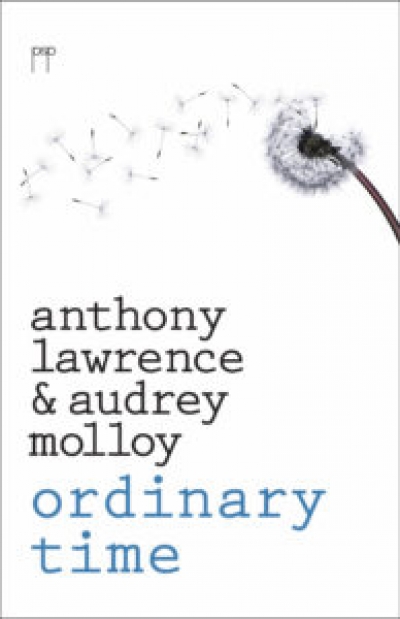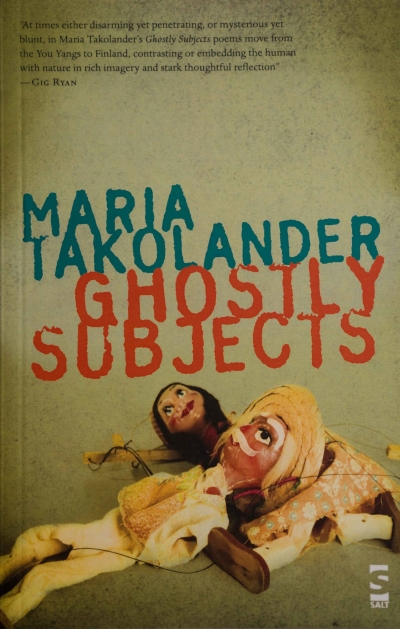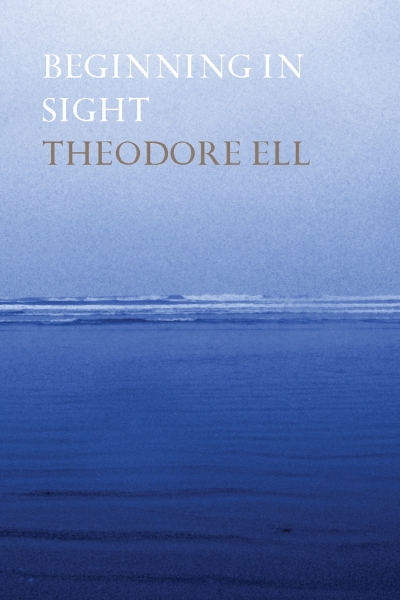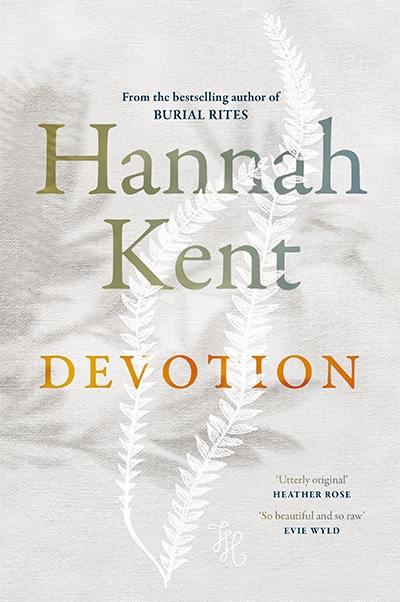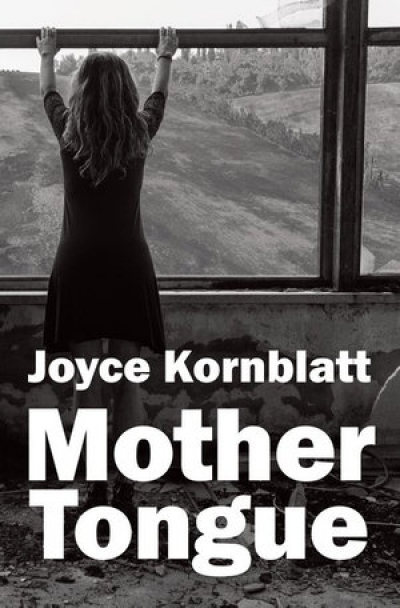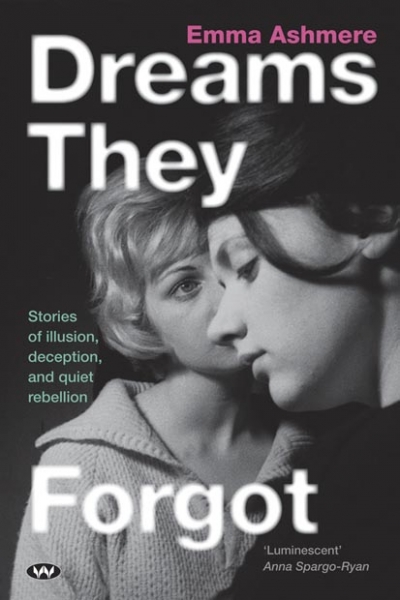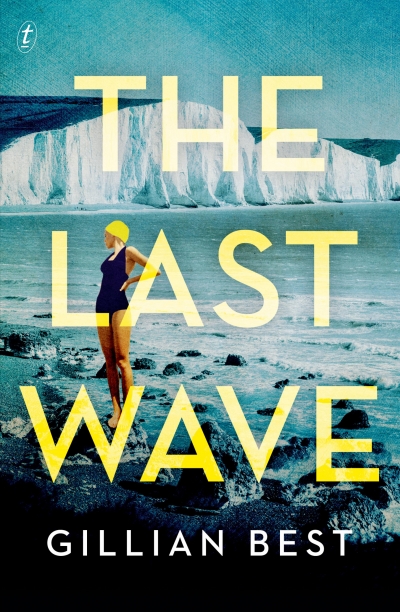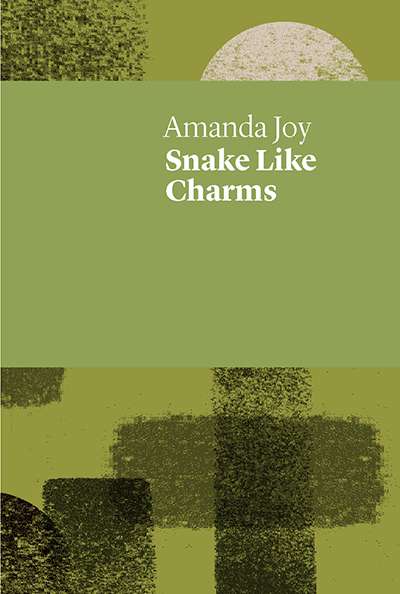Rose Lucas
Beginning in Sight by Theodore Ell & Trap Landscape by Nicholas Powell
Maria Takolander’s fourth book of poetry, Trigger Warning (University of Queensland Press, $24.99 pb, 100 pp), is a sharp and arresting collection, fierce in its emotions and determination to make language do the hard work of speaking that which hovers at the edge of articulation. This is a poetics that traces everywhere the lurking presence of the disruptive – in domestic life, in global crises, even in our most intimate experiences. Takolander’s courageous poetry becomes both a landscape in which to inscribe what is unbearable and a sphere in which it might be, at least partially, managed.
... (read more)These three new poetry collections are works by established poets at the top of their game in terms of poetic craft and the honing of insights into both life and art. These are voices developed across a significant number of previous collections, allowing for an emergence of innovation, confidence, and ease of style and mood.
... (read more)
